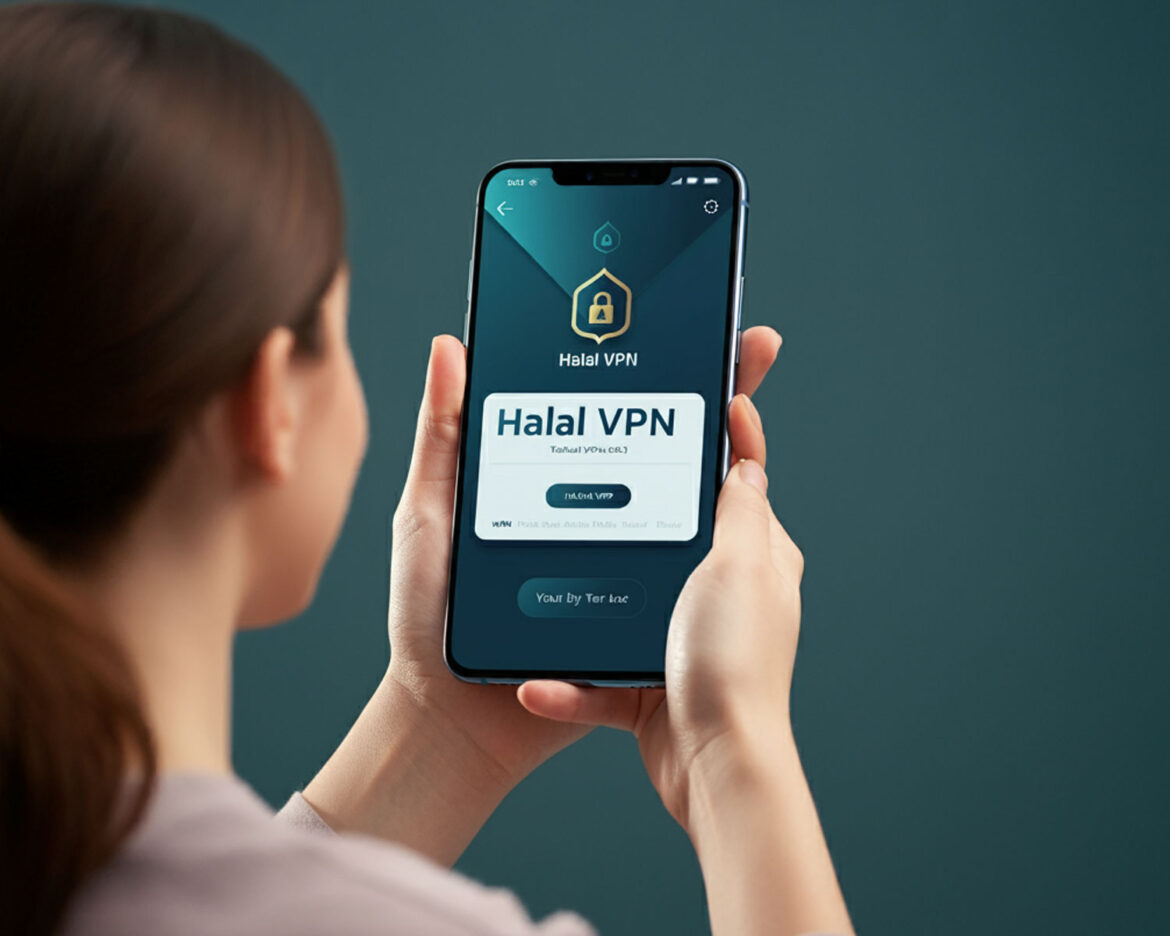In a significant shift, the Islamic Ideology Council (IIC) has reversed its earlier stance and declared the positive use of Virtual Private Networks (VPNs) as halal (permissible). The announcement comes just days after the council labeled VPN usage as haram (forbidden), sparking widespread debate among tech users and religious scholars across the country.
The IIC clarified that VPNs, when used for lawful purposes such as ensuring online privacy, protecting sensitive data, or accessing beneficial educational resources, are aligned with Islamic principles. However, the council emphasized that using VPNs for unlawful activities, including bypassing government regulations or accessing prohibited content, remains impermissible.
“The decision was made after thorough deliberation and consultation with IT experts and scholars,” said an IIC representative. “We understand that VPNs are essential tools in the modern digital era and can be used in a manner that aligns with Islamic values.”
The council’s revised stance has been welcomed by professionals, students, and digital activists who rely on VPNs for secure access to online platforms and communication tools.
This U-turn highlights the council’s effort to adapt to technological advancements while maintaining religious guidelines, a move that many see as a step towards bridging the gap between traditional beliefs and modern needs.



